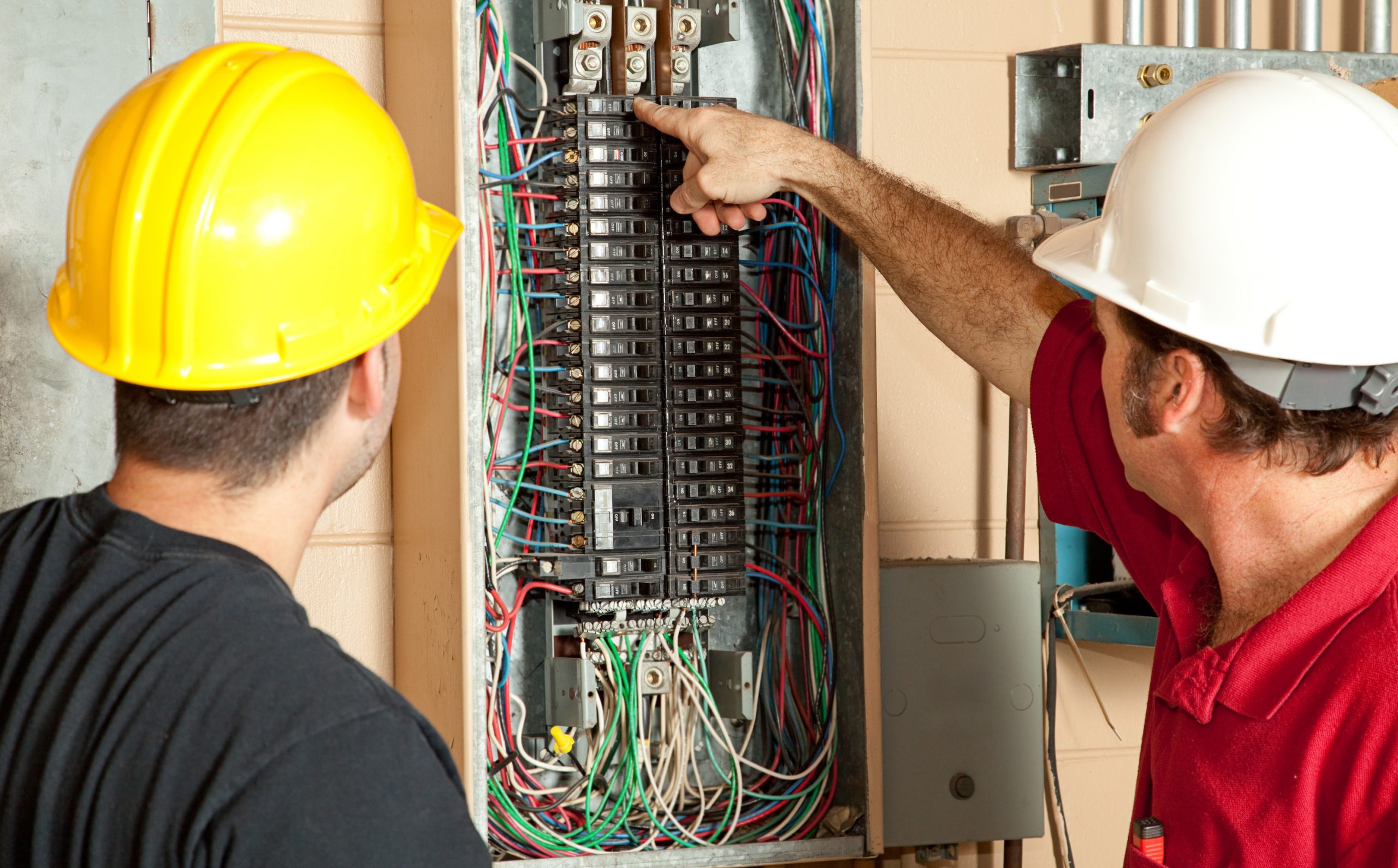Introduction
In the face of climate change and environmental degradation, the global transition towards renewable energy and sustainable practices has become increasingly urgent. As key players in the energy sector, electricians play a pivotal role in driving this transition by implementing green energy solutions. From installing solar panels to optimizing energy-efficient systems, Electricians are at the forefront of building a more sustainable future. In this article, we will explore the essential role of electricians in advancing green energy solutions and promoting sustainability.
The Importance of Green Energy Solutions
Green energy solutions are essential for mitigating the environmental impacts of traditional energy sources such as fossil fuels. Renewable energy sources, such as solar, wind, hydroelectric, and geothermal power, offer clean, abundant, and sustainable alternatives to fossil fuels, reducing greenhouse gas emissions, air pollution, and dependence on finite resources. By transitioning to green energy solutions, societies can achieve greater energy security, resilience, and environmental sustainability for future generations.
The Role of Electricians in Green Energy
Electricians are integral to the adoption and integration of green energy solutions across various sectors. Their expertise in electrical systems, wiring, and infrastructure makes them uniquely positioned to implement renewable energy technologies and optimize energy efficiency. The following are some key areas where electricians play a vital role in advancing green energy solutions:
Solar Photovoltaic (PV) Systems
Solar PV systems harness sunlight to generate electricity, providing a renewable and environmentally friendly energy source. Electricians are responsible for installing, wiring, and connecting solar panels, inverters, and balance of system components. They ensure that solar PV systems are safely integrated into existing electrical systems and comply with building codes and regulations. Additionally, electricians perform maintenance, troubleshooting, and repairs to ensure the optimal performance and longevity of solar PV installations.
Wind Turbine Installations
Wind energy is another abundant and renewable resource that can be harnessed to generate electricity. Electricians play a critical role in installing, wiring, and commissioning wind turbines, both onshore and offshore. They connect turbines to electrical grids, install monitoring and control systems, and conduct safety inspections to ensure compliance with industry standards. Electricians also perform routine maintenance and repairs to maximize the efficiency and reliability of wind energy installations.
Energy-Efficient Lighting and Appliances
Energy-efficient lighting and appliances are essential components of sustainable buildings and infrastructure. Electricians help clients select and install energy-efficient lighting fixtures, such as LED bulbs and fluorescent lamps, which consume less energy and last longer than traditional incandescent bulbs. They also install energy-efficient appliances, such as HVAC systems, refrigerators, and water heaters, which reduce energy consumption and operating costs over time. By promoting energy efficiency, electricians contribute to lower utility bills, reduced carbon emissions, and improved indoor air quality.
Energy Management Systems
Energy management systems (EMS) help optimize energy use and reduce waste by monitoring, controlling, and optimizing energy-consuming devices and systems. Electricians install and configure EMS components, such as sensors, meters, and control panels, to collect data on energy consumption and implement strategies for energy conservation and load management. They also integrate EMS with building automation systems to enhance efficiency and responsiveness to changing energy demands.
Electric Vehicle (EV) Charging Infrastructure
The adoption of electric vehicles (EVs) is accelerating, driving the need for robust EV charging infrastructure. Electricians play a crucial role in installing EV charging stations in residential, commercial, and public locations. They ensure that charging stations are safely connected to electrical grids, comply with electrical codes and standards, and provide optimal charging performance. Electricians also perform maintenance, upgrades, and repairs to support the growing demand for EV charging infrastructure.
Energy Storage Systems
Energy storage systems, such as batteries and pumped hydro storage, play a vital role in balancing supply and demand, integrating intermittent renewable energy sources, and enhancing grid resilience. Electricians install and maintain energy storage systems, ensuring their safe operation and seamless integration with electrical grids. They configure battery systems, perform system testing, and implement safety protocols to mitigate risks associated with energy storage technologies.
Challenges and Opportunities
While electricians play a crucial role in advancing green energy solutions, they also face challenges and opportunities in adapting to the changing energy landscape. Some key challenges include:
Technical Training and Education: Keeping pace with rapid advancements in renewable energy technologies requires ongoing training and education for electricians. Training programs and certifications in solar PV, wind energy, energy efficiency, and EV charging infrastructure can help electricians develop the skills and expertise needed to excel in green energy solutions.
Regulatory Compliance: Adhering to complex regulations, codes, and standards governing renewable energy installations can be challenging for electricians. Staying informed about local building codes, utility regulations, and incentive programs is essential for ensuring compliance and avoiding costly mistakes.
Safety Concerns: Working with high-voltage electrical systems and renewable energy technologies poses inherent safety risks for electricians. Following strict safety protocols, using appropriate personal protective equipment (PPE), and undergoing specialized training in electrical safety are crucial for minimizing hazards and preventing accidents.
Despite these challenges, Electricians also have significant opportunities to drive innovation, create new business opportunities, and contribute to a more sustainable future. By embracing green energy solutions, electricians can expand their skill set, differentiate their services, and position themselves as leaders in the transition towards renewable energy and sustainability.
Conclusion
Electricians play a critical role in advancing green energy solutions and promoting sustainability across various sectors. From installing solar PV systems and wind turbines to optimizing energy-efficient lighting and appliances, electricians contribute to reducing carbon emissions, enhancing energy security, and building resilient infrastructure. By leveraging their technical expertise, adhering to safety standards, and staying abreast of emerging technologies, electricians can drive positive change and help build a more sustainable world for generations to come.



